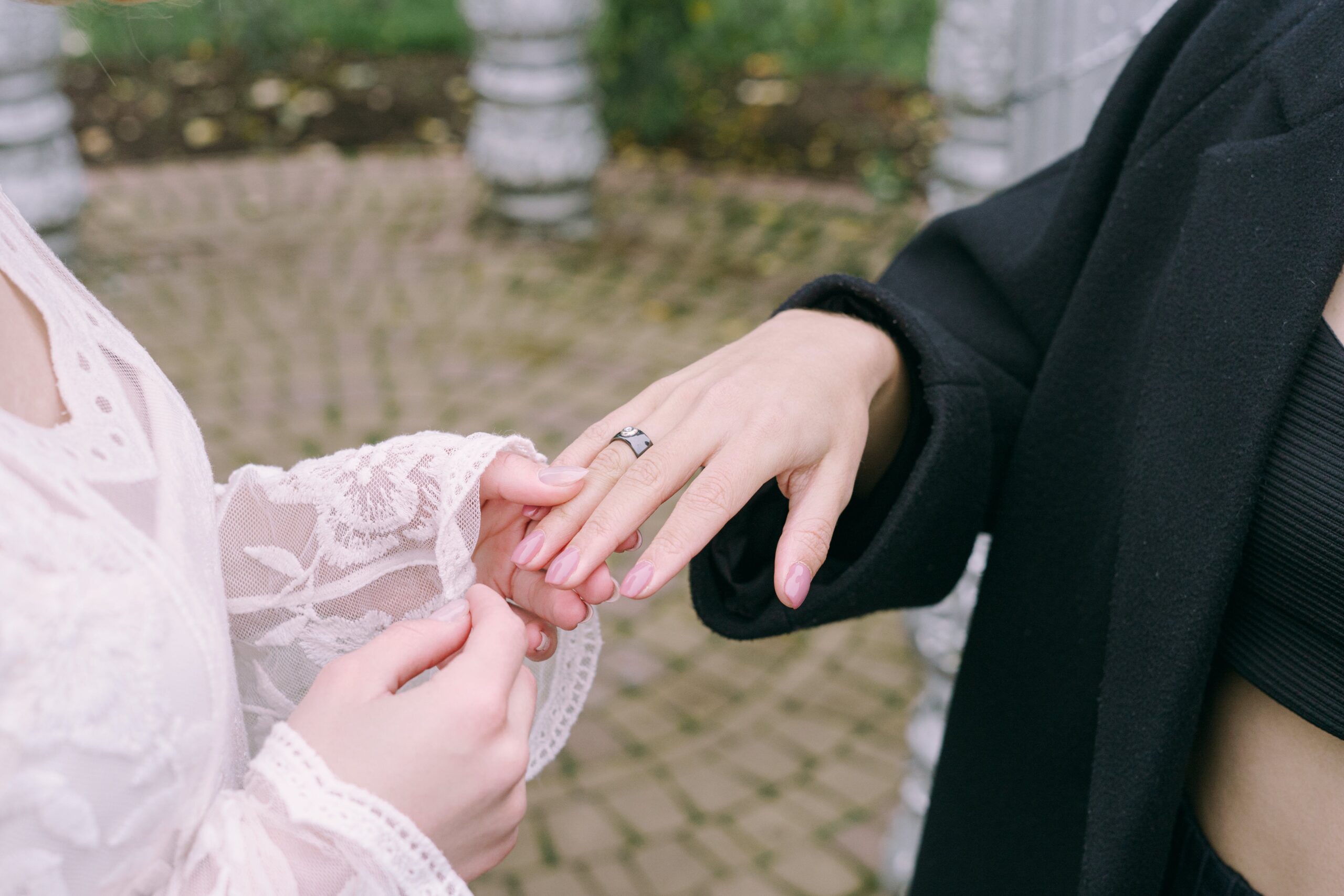If I Marry a Jamaican, Can I Live in Jamaica?
Marriage can be a beautiful journey, and for some, it may lead to the desire to live in the same country as their spouse. If you’re wondering if marrying a Jamaican opens the door to living in this picturesque island nation, we’ve got answers for you.
If I Marry a Jamaican, Can I Live in Jamaica?
Yes, it is possible to live in Jamaica if you marry a Jamaican. The specific process may vary depending on your circumstances, but here are a couple of common routes:
- Marrying in Jamaica: You can choose to have your wedding in Jamaica, which can increase the chances of applying for a spousal visa. To do this, you’ll need official evidence of your relationship to support your visa application.
- Marrying in Your Home Country: Another option is to marry in your home country and then apply for a residence visa as the spouse of a Jamaican citizen. You may need to provide proof of your marriage, their passport, and other documents to support your application.
Keep in mind that the specific process may vary, and it’s essential to consult with Jamaican immigration authorities for the most accurate and up-to-date information.
Requirements to Get Married in Jamaica
Before officially tying the knot in Jamaica, make sure you understand the requirements:
- Legal Documents: You’ll need valid passports, birth certificates, copies of divorce decrees or death certificates (if applicable), and an annulment from a court of law if either of you was previously married. Foreign nationals may require an affidavit declaring legal capacity.
- Marriage License: Apply for a marriage license, which typically takes two days to process. Most couples prefer to do this in their home country rather than on the island itself. You can submit your application online via the official government website or through other approved methods.
It’s crucial to gather all the required documents in advance to avoid any delays in the marriage license process. Be diligent in ensuring that your paperwork is complete and in order.
Before Moving to Jamaica
Before packing your bags and heading to Jamaica, there are several practical matters to address:
- Legal Processes: Consulting with an attorney can help ensure that all legal processes are correctly administered according to Jamaican law. They can guide you through the required steps to obtain the necessary visas or permits.
- Documentation: Obtain a Clean Bill of Health and a Police report from your home country. Provide copies of both passports as needed. These documents may be necessary for your visa application and to satisfy other legal requirements.
- Financial Planning: Consider living costs, taxes (if applicable), and seek financial advice if necessary. Don’t forget to explore health and travel insurance options to ensure you’re well-prepared for your new life in Jamaica.
Remember that Jamaica has a unique culture and history. Take the time to learn about local laws and customs to ensure a smooth transition to your new home. Understanding the local way of life will help you adapt and enjoy your time in Jamaica to the fullest.
Conclusion
Marrying a Jamaican citizen can indeed open the door to living in Jamaica. Whether you choose to have your wedding in Jamaica or your home country, make sure to navigate the legal requirements diligently. Embrace the vibrant culture and lifestyle of Jamaica, and with the right support and research, your life in this beautiful country can be truly fulfilling.
FAQs
1. How long can a foreigner stay in Jamaica?
Commonwealth citizens are allowed a maximum of 12 months stay on the island, while Non-Commonwealth citizens can stay for a maximum of 6 months as visitors. Valid passport required.
2. How much money do I need to move to Jamaica?
The cost of living in Jamaica is similar to other Caribbean countries and is often affordable. Monthly costs for a single person, excluding rent, are around $767.
3. What is the crime rate in Jamaica?
The crime rate in Jamaica can vary, but it’s essential to stay informed and take precautions. Research the latest statistics and follow safety guidelines during your stay.






